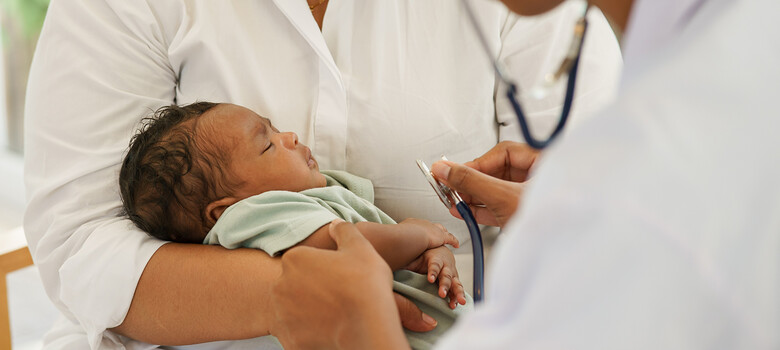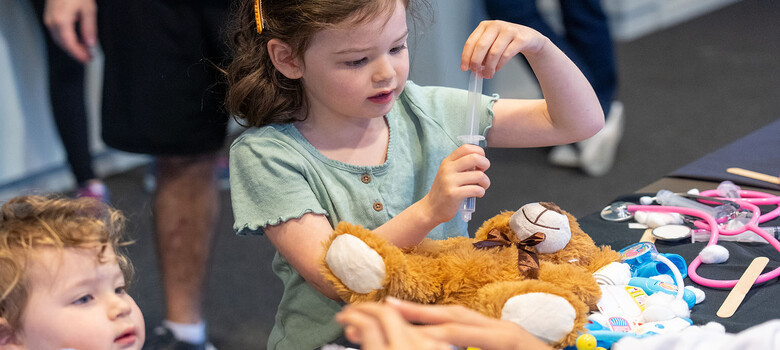HPV Vaccine: Know the Myths and the Facts

The Centers for Disease Control and Prevention (CDC) recommends girls and boys ages 11 and 12 receive a vaccine to protect them against human papillomavirus (HPV). The virus, which can be spread through sexual activity, is the cause of most cases of cervical cancer and some cancers of the throat and genitals.
"Usually, you think about a vaccine preventing an infection like pneumonia or the flu," said Jennifer Howell, MD, a pediatric and adolescent gynecologist at Duke Health. "This vaccine is an anti-cancer vaccine. It has the potential to completely eradicate certain cancers.”
Misinformation may be preventing many adolescents from getting this important vaccine. Here are some common myths and facts.
MYTH: The HPV Vaccine Is Dangerous
FACT: Studies show the vaccine is safe. Many young people experience pain, redness and swelling at the injection site, and some have an allergic reaction, so those who receive the vaccine are monitored carefully afterward.
MYTH: The Vaccine Encourages Young People to Be Sexually Active
FACT: A CDC study showed the HPV vaccination was not associated with earlier sexual behavior.
MYTH: The HPV Vaccine Is Not Necessary
FACT: The vaccine will prevent many people from experiencing or dying from cancer. The vaccine is 95% effective in preventing cervical pre-cancers caused by high-risk HPV. And it may reduce cancers of the throat and genitals.




